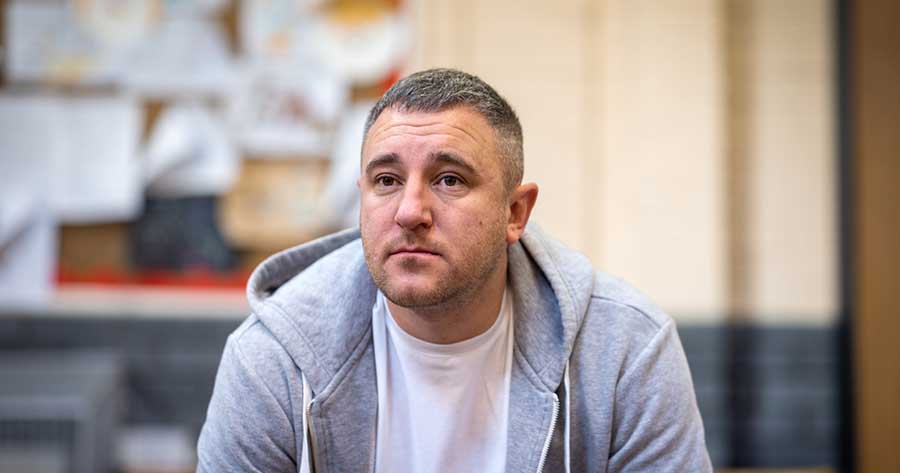We are now well aware of the ongoing risks to people with diabetes from COVID-19. Mortality is increased for people with diabetes compared to the general population, and is greater in those with type 1 than type 2 diabetes. The risk from COVID-19 is greater the higher the HbA1c. Other factors that further compound this risk include advancing age, male gender, non-white ethnicity, deprivation, obesity and the comorbidities of chronic kidney disease, cardiovascular disease and heart failure.
This is causing huge concern to services across all sectors as we prepare for the flu season and the potential second wave of coronavirus. It seems strange to be thinking and planning for this when we have not yet had our summer! However, we know from experience that we do have to be proactive and meticulous in our planning.
The most notable change I have seen since lockdown is the speed at which all organisations have been willing to work together to offer collaborative advice and guidance on how we can all approach our new reality. Primary care has adapted rapidly to remote consultations and is now focusing on the re-establishment of chronic disease management clinics. In this arena, both the Primary Care Diabetes Society (PCDS) and the Association of British Clinical Diabetologists (ABCD) have been working closely together on a “roadmap to recovery”, which will be published very soon.
Other documents of note that have been recently published include the following:
- ABCD: A quick guidance to risk stratification and recovery of diabetes services in the post-COVID-19 era. This document suggests stratifying patients into urgent, priority or routine categories, with guidance on when to review these groups. Available here.
- PCDS: How to undertake a remote diabetes review. This document, written by Jane Diggle and Pam Brown, offers a clear structure to undertaking a remote review, with links to all the latest evidence and guidance. Available here.
– They also offered a webinar to discuss this guide, which can be viewed on demand here.
– A list of patient information and education resources to support remote consultations is also now available here. - Greenhalgh et al: 10-minute consultation. Covid-19: a remote assessment in primary care. This document has been extremely useful at a time when we all had to suddenly rethink our service delivery when face-to-face appointments were not an option for many services or service users. Available here.
Education and CPD
We have also seen a complete change in the way we access ongoing education. Most of us have been kept up to date via webinars and remote learning platforms. This learning environment has proven to be so very useful at a time when staying informed has been critical. Many have found that being able to dial into a live online session has opened up access to education when study leave has for many years been in short supply in the NHS. We have also benefitted from many sessions being made available afterwards, on demand. Again, this has opened up a new audience and opportunity for learning.
Equally notable have been the discussion panels, from the likes of GPnotebook and the DPC Summer Forum, summarising key learnings from the major international conferences, including the ADA Scientific Sessions. In past years, if we have been unable to attend in person, we have had to wait for the written summaries (including in this journal!), but this year we have been entertained by live panel discussions, webinars and podcasts from key national experts.
So as we all face our individual challenges with service delivery, I hope the above documents and access to education prove useful, if only to show we are all in this together! I feel we are in this for the long haul and, as such, we will continue at the journal to link you to relevant and informative resources.
Keep well, stay safe and enjoy the summer!





How a new model of care has improved outcomes for people with diabetes.
2 Dec 2025